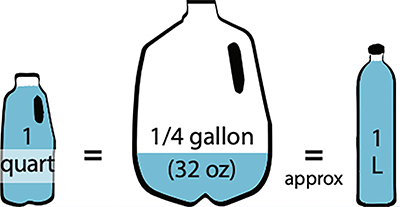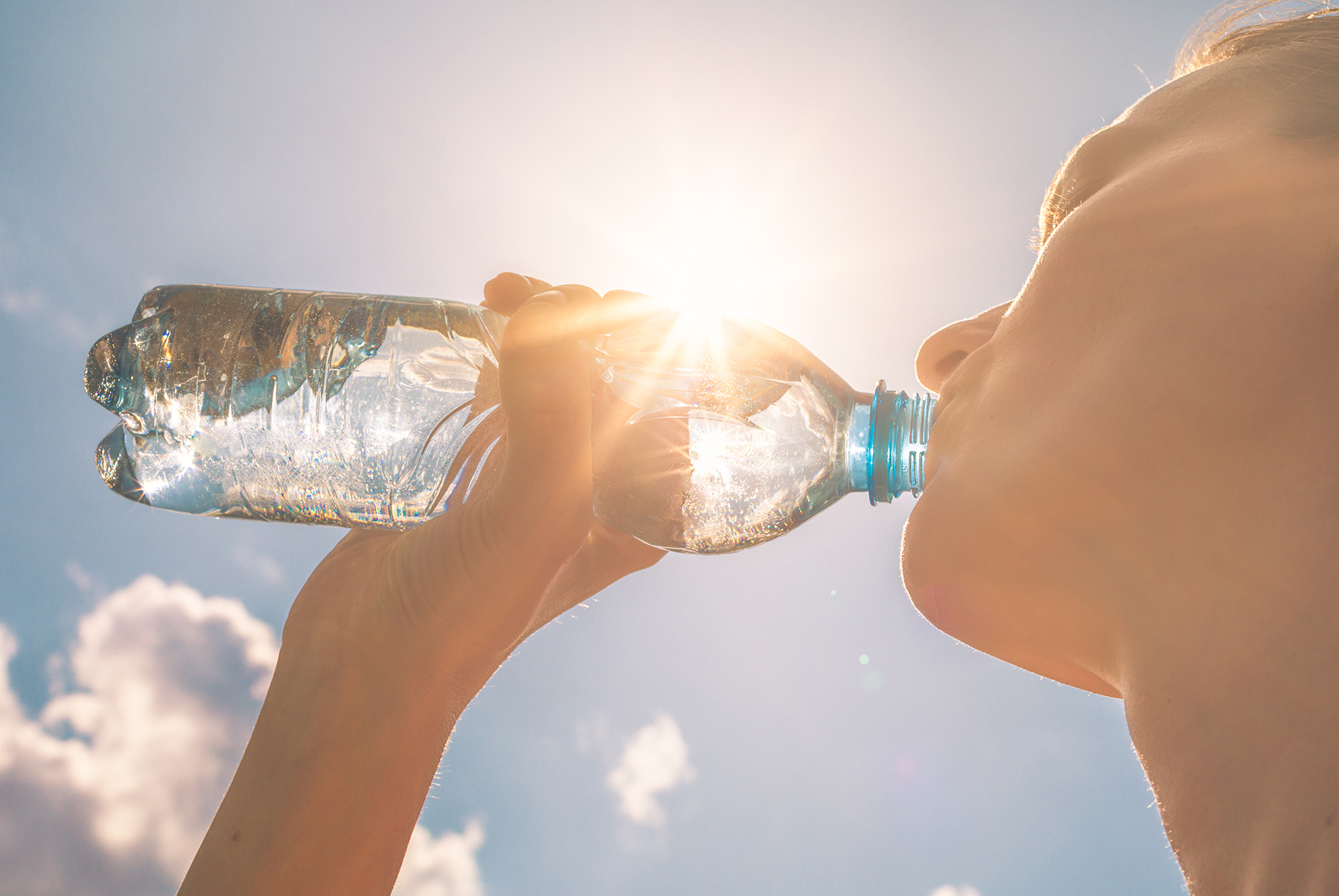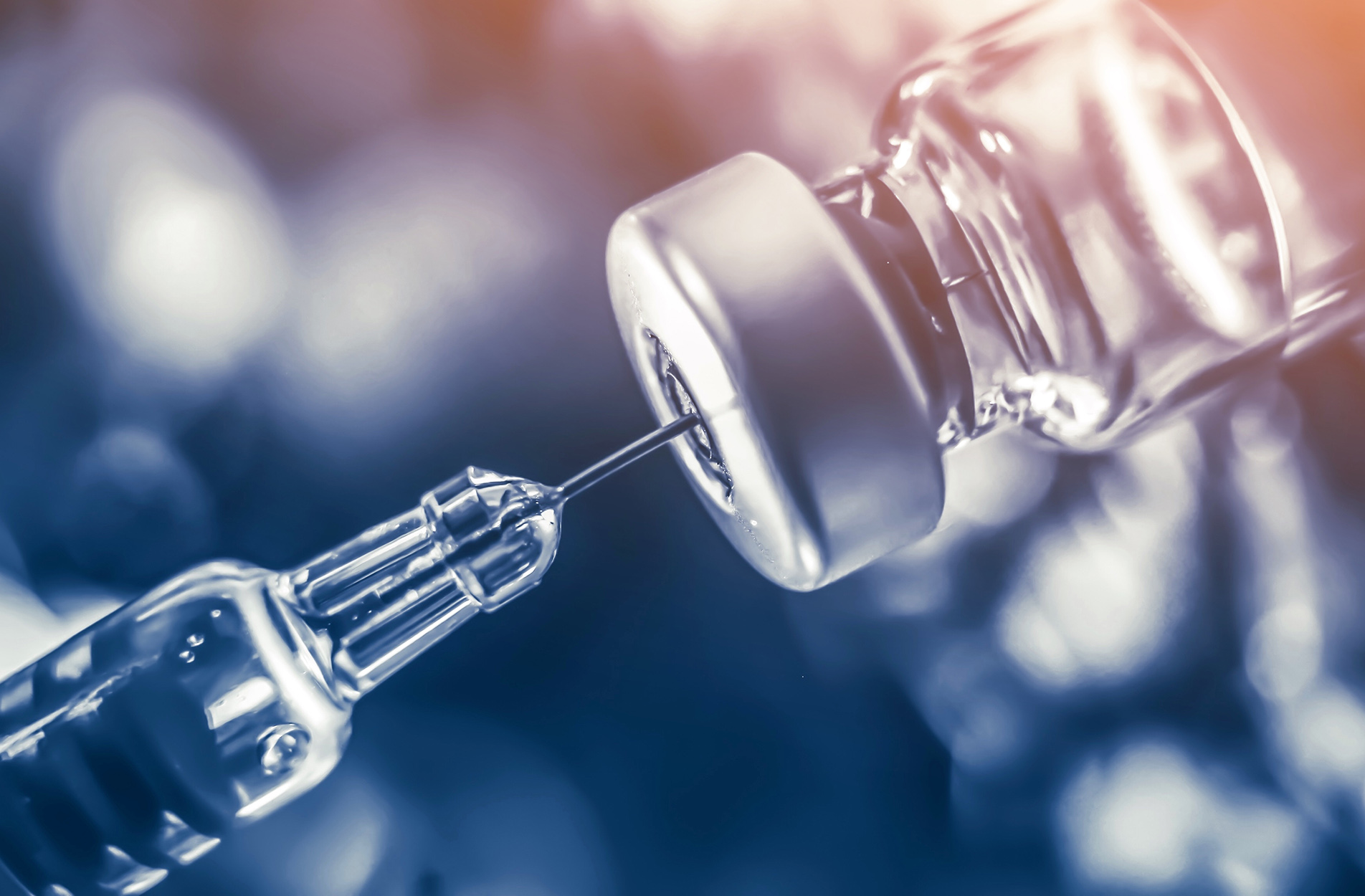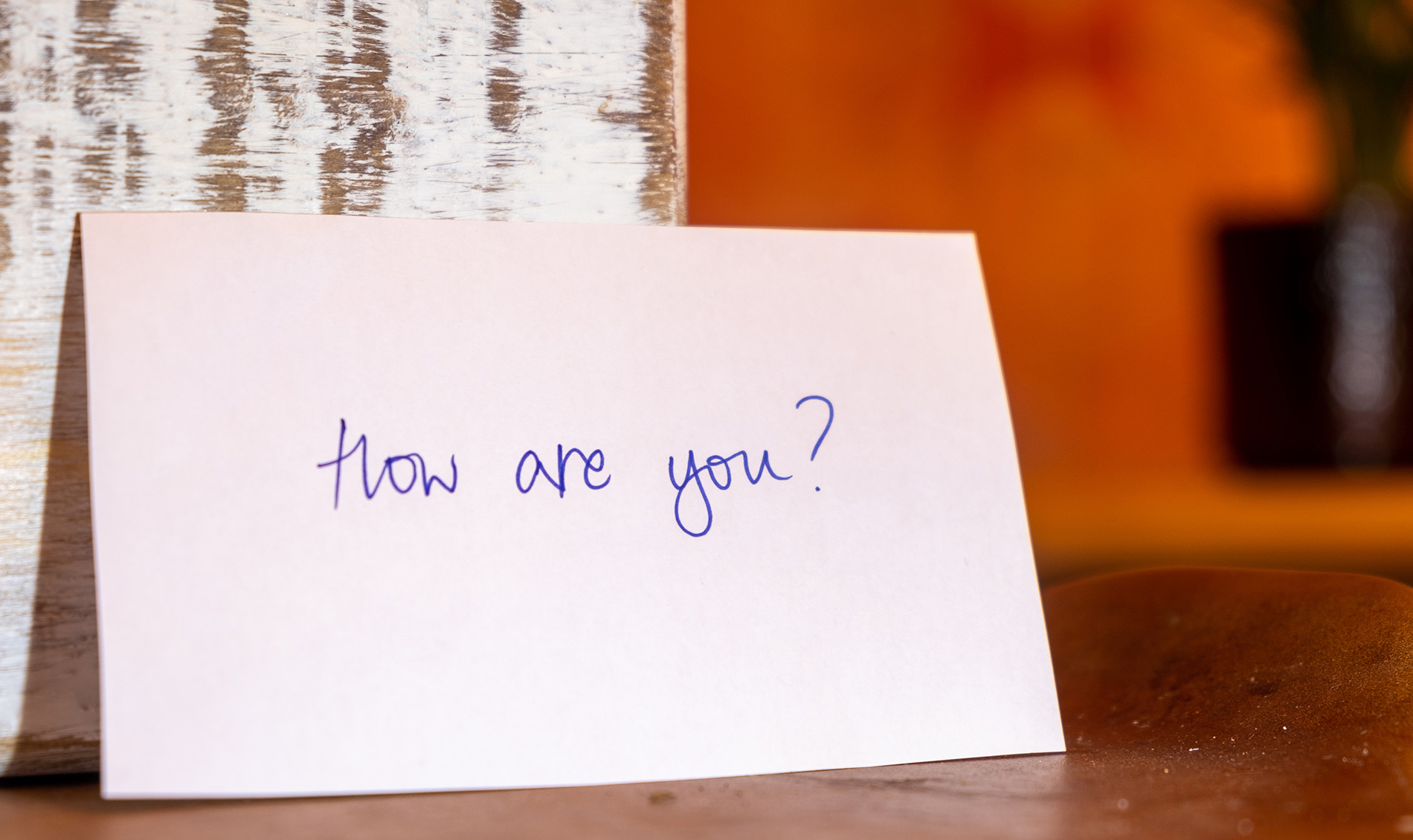Hydrate Before Work
- Being hydrated when you start work makes it easier to stay hydrated through the day.
- If you are dehydrated when you start work, you may not be able to drink enough to catch up with your body’s need for water.
Hydrate During Work
- Drink before feeling thirsty. By the time you feel thirsty, you are already behind in fluid replacement. Dehydration is a primary contributor to heat exhaustion.
- Your work performance may suffer when you are dehydrated, even if you don’t notice.
- When working in the heat, drink 1 cup (8 ounces) of water every 15–20 minutes.
This translates to ¾–1 quart (24–32 ounces) per hour. - Drinking at shorter intervals is more effective than drinking large amounts infrequently.
- Do not drink more than 48 oz (1½ quarts) per hour! Drinking too much water or other fluids (sports drinks, energy drinks, etc.) can cause a medical emergency because the concentration of salt in the blood becomes too low.
How Much Water Is That?

Hydrate After Work
- Most people need several hours to drink enough fluids to replace what they have lost through sweat. The sooner you get started, the less strain you place on your body from dehydration.
- Hydrating after work is even more important if you work in the heat on a regular basis. Chronic dehydration increases the risk for a number of medical conditions, such as kidney stones.
Do I Need Sports Drinks?
In general, eating regular meals with adequate water intake is sufficient to maintain water and electrolyte balance. For prolonged sweating lasting several hours, sports drinks with balanced electrolytes are another option to replace salt lost in sweat. Heavy consumption of sports drinks will add unnecessary calories to your diet due to the added sugar.What To Avoid
Energy Drinks- Some energy drinks contain much more caffeine than standard servings of coffee, tea, or soft drinks.
- Drinking several energy drinks per day can raise your caffeine levels enough to affect your heart. High caffeine levels can be risky when added to the strain placed on your body by heat.
- Many energy drinks contain as much or more sugar as soft drinks, which adds hundreds of extra calories to your diet.
Alcohol
- Alcohol can cause dehydration.
- Drinking alcohol within 24 hours of working in the heat can increase the risk of heat illness.
Source: DEPARTMENT OF HEALTH AND HUMAN SERVICES, Centers for Disease Control and Prevention, National Institute for Occupational Safety and Health







Leave a comment